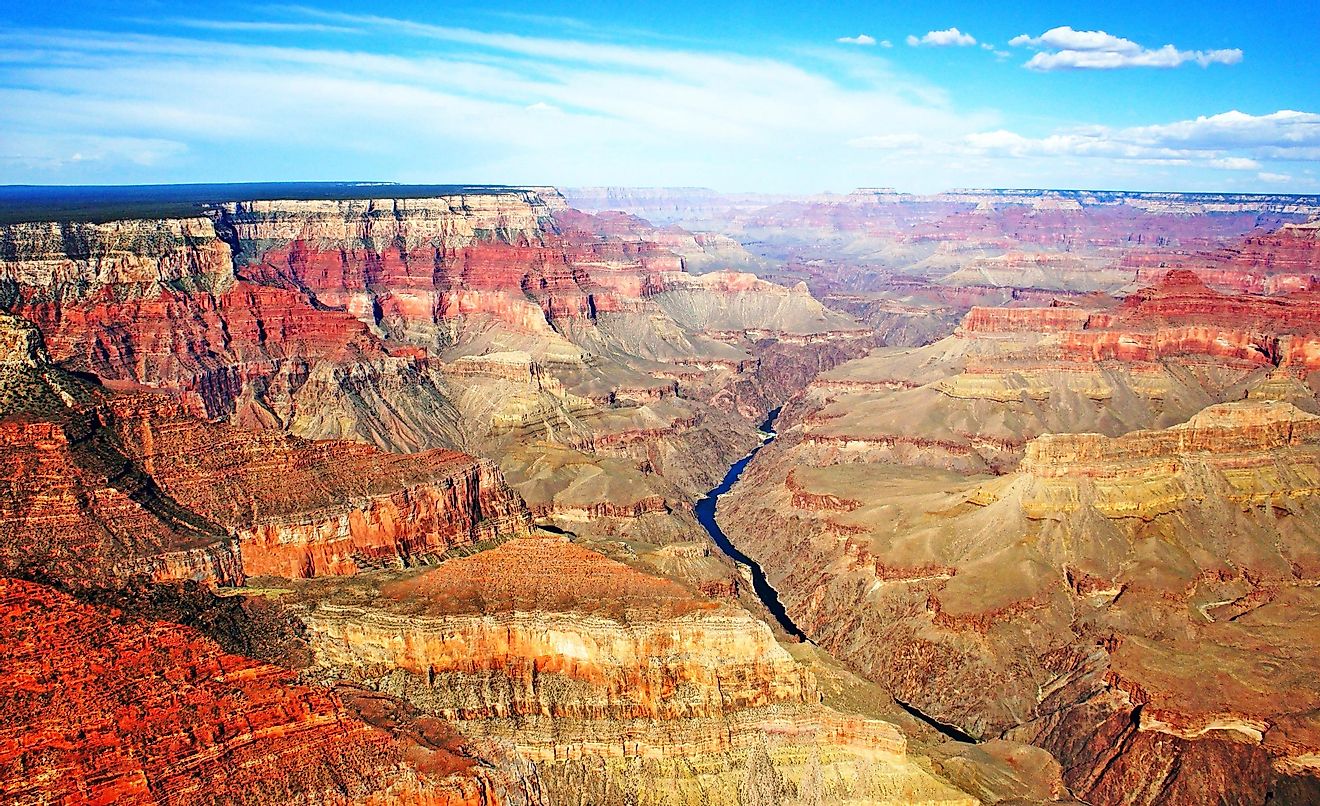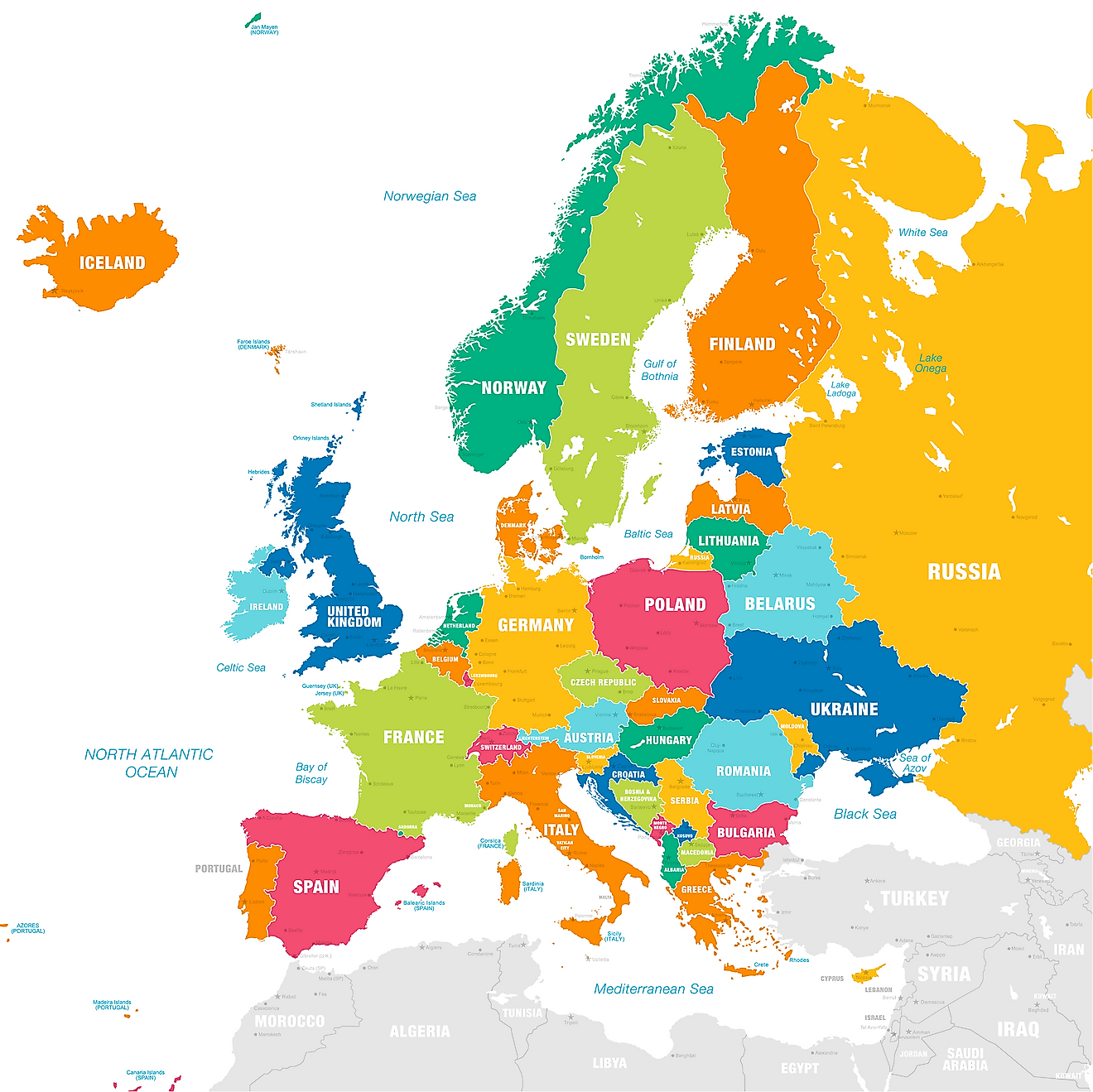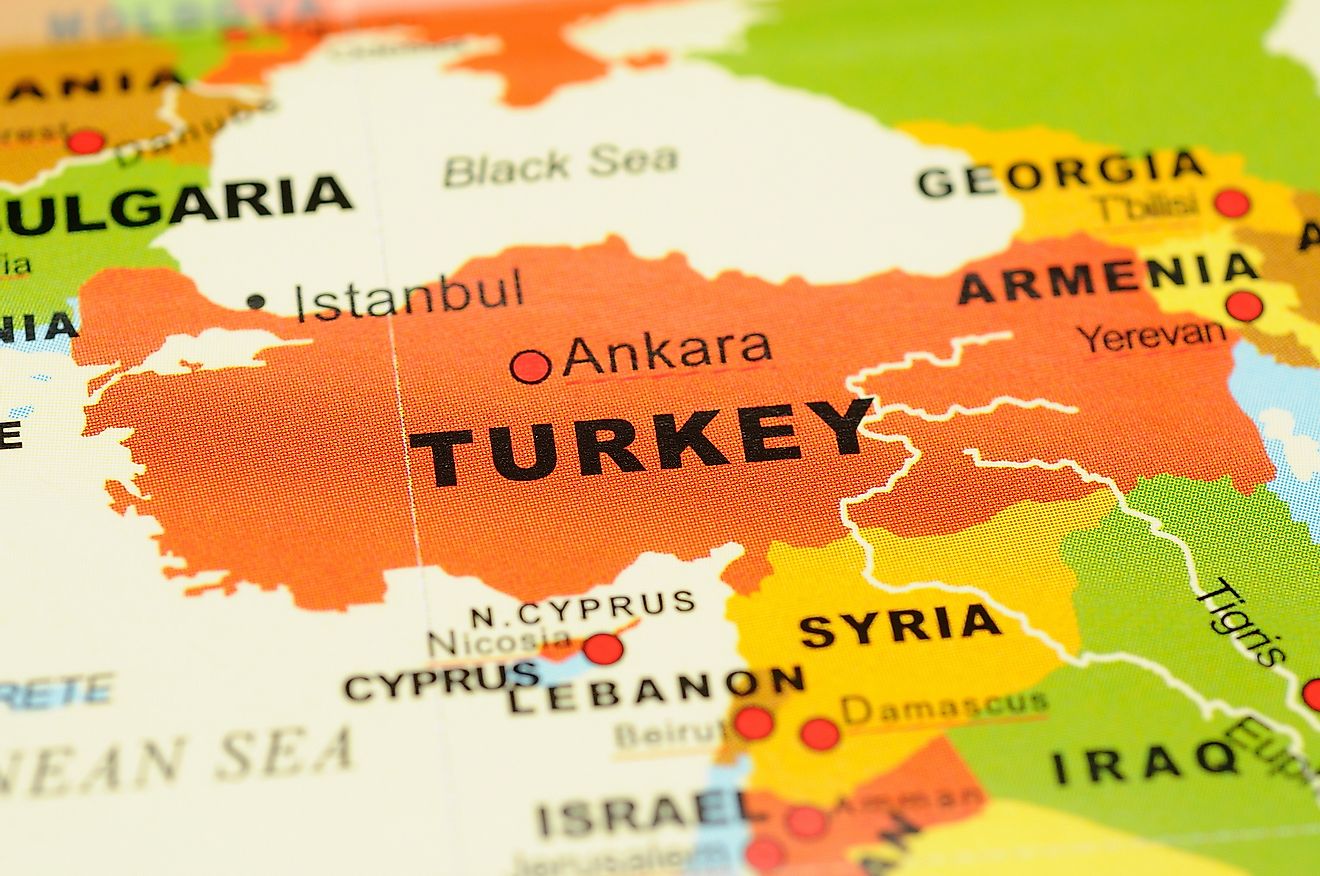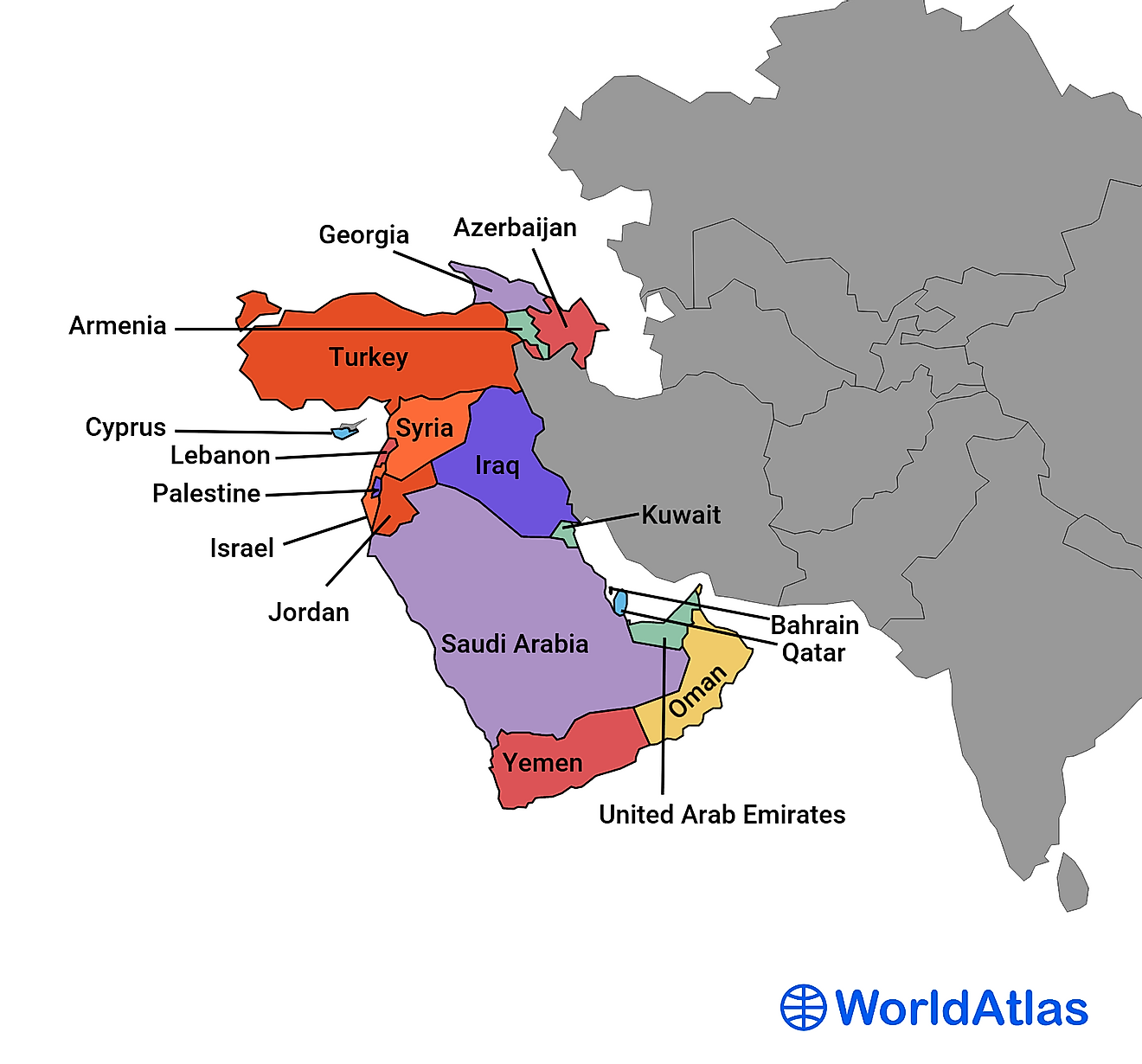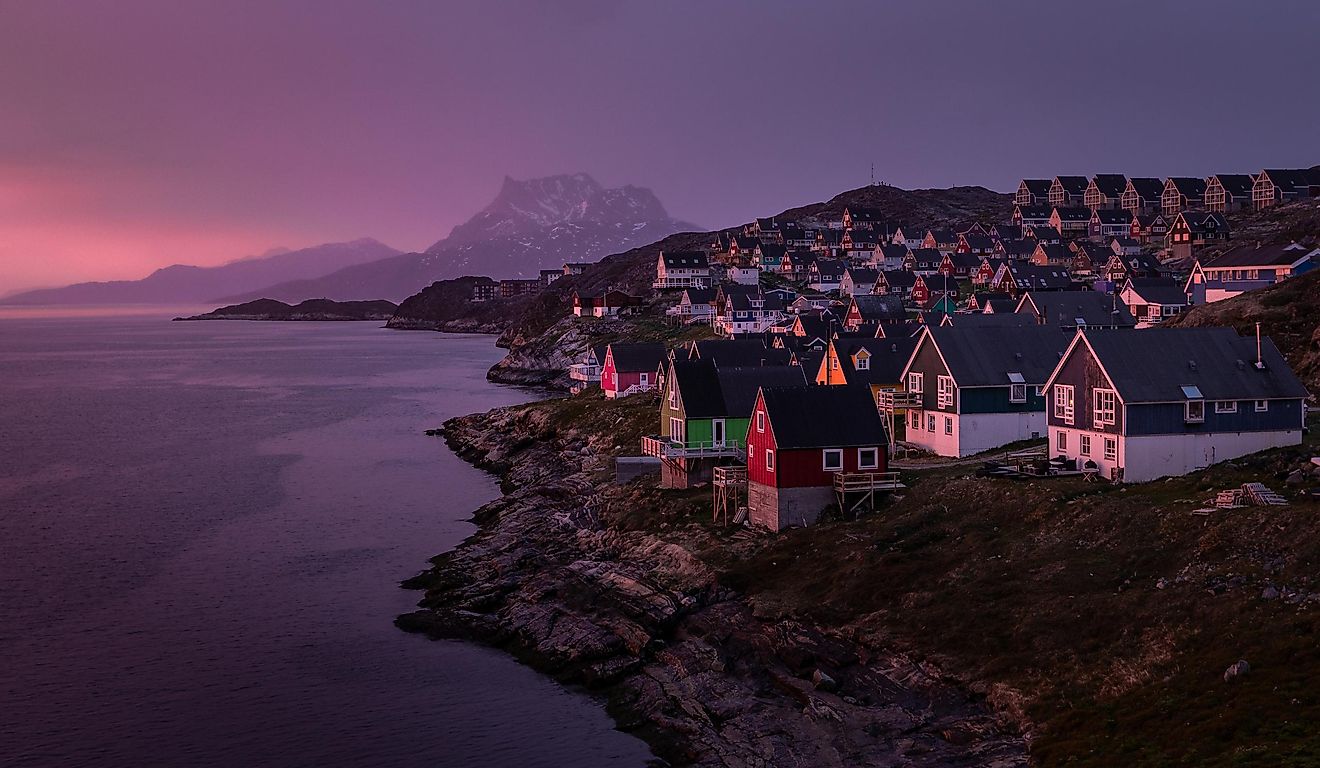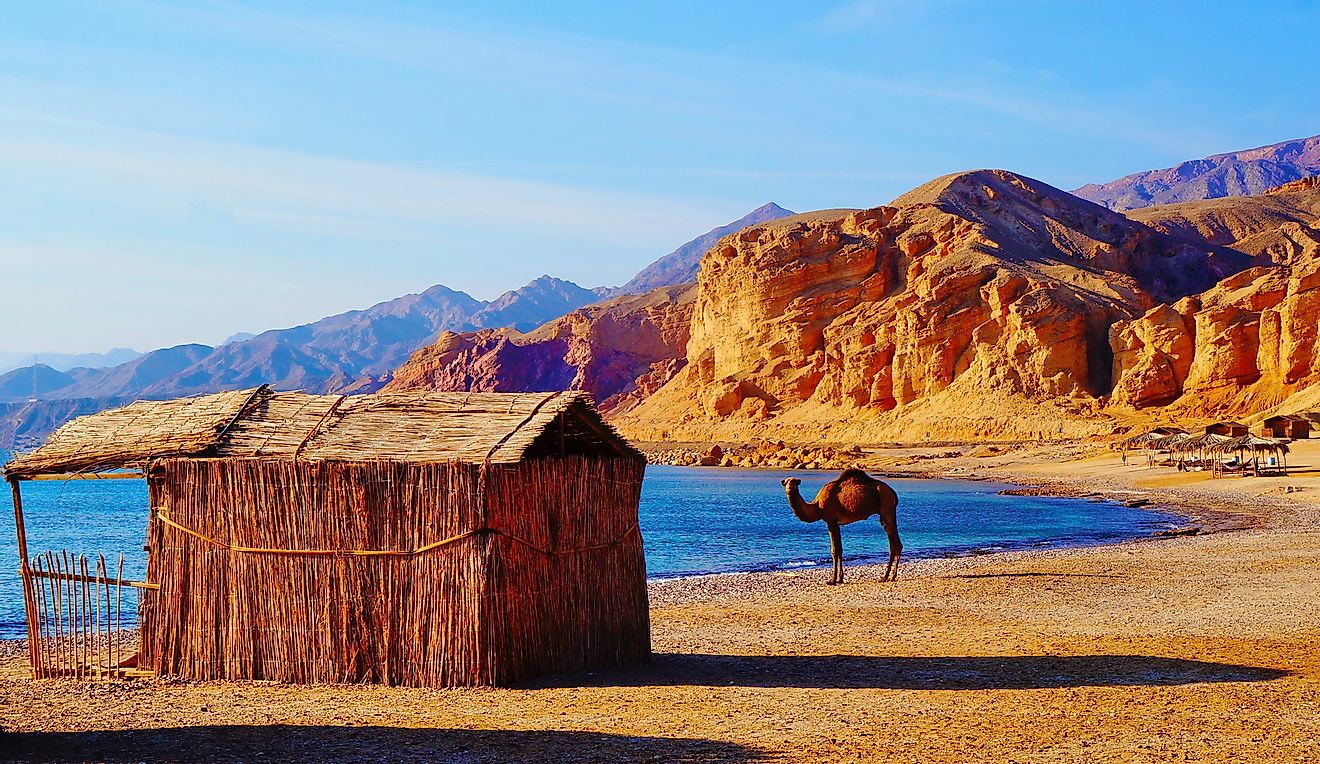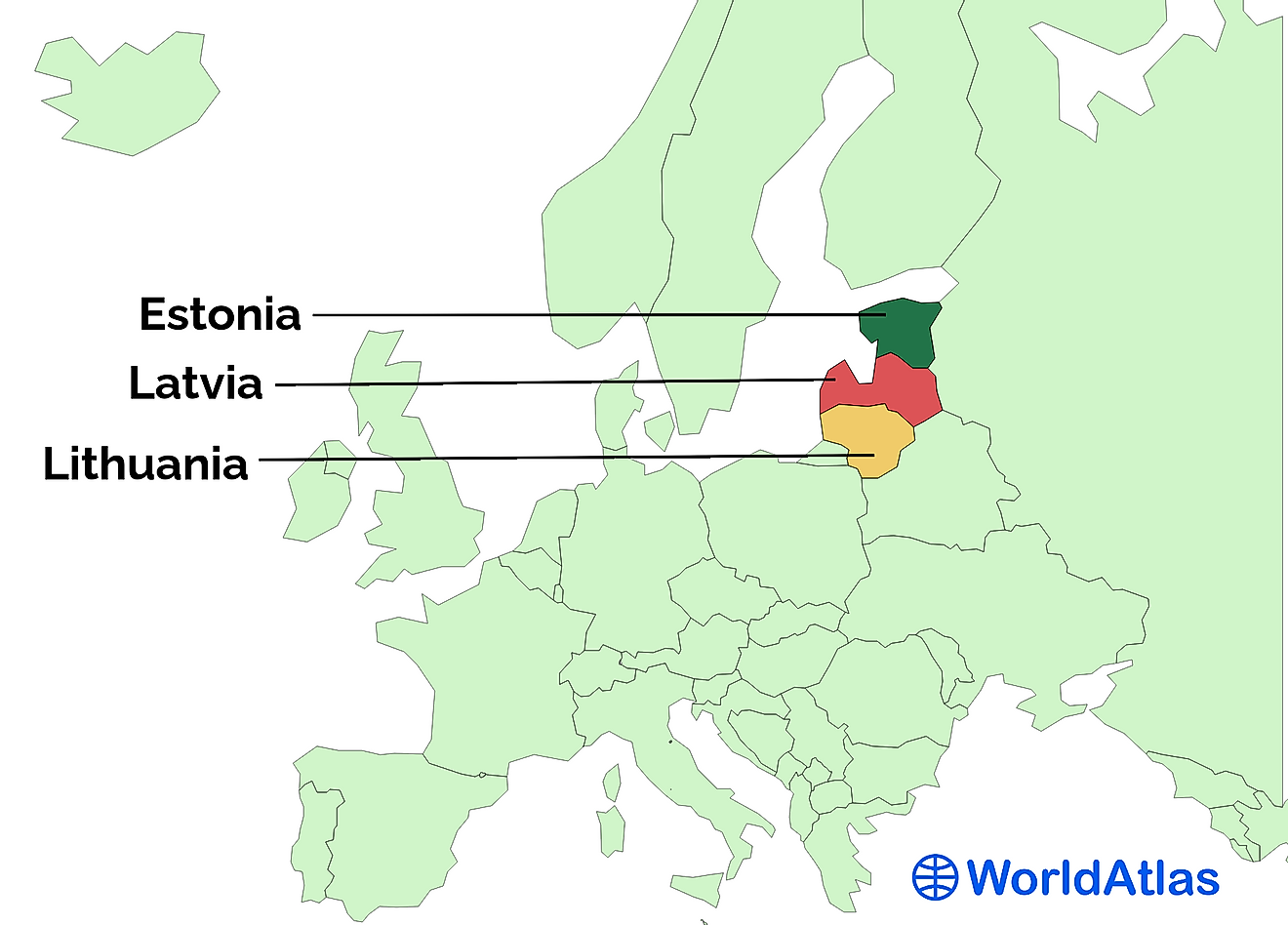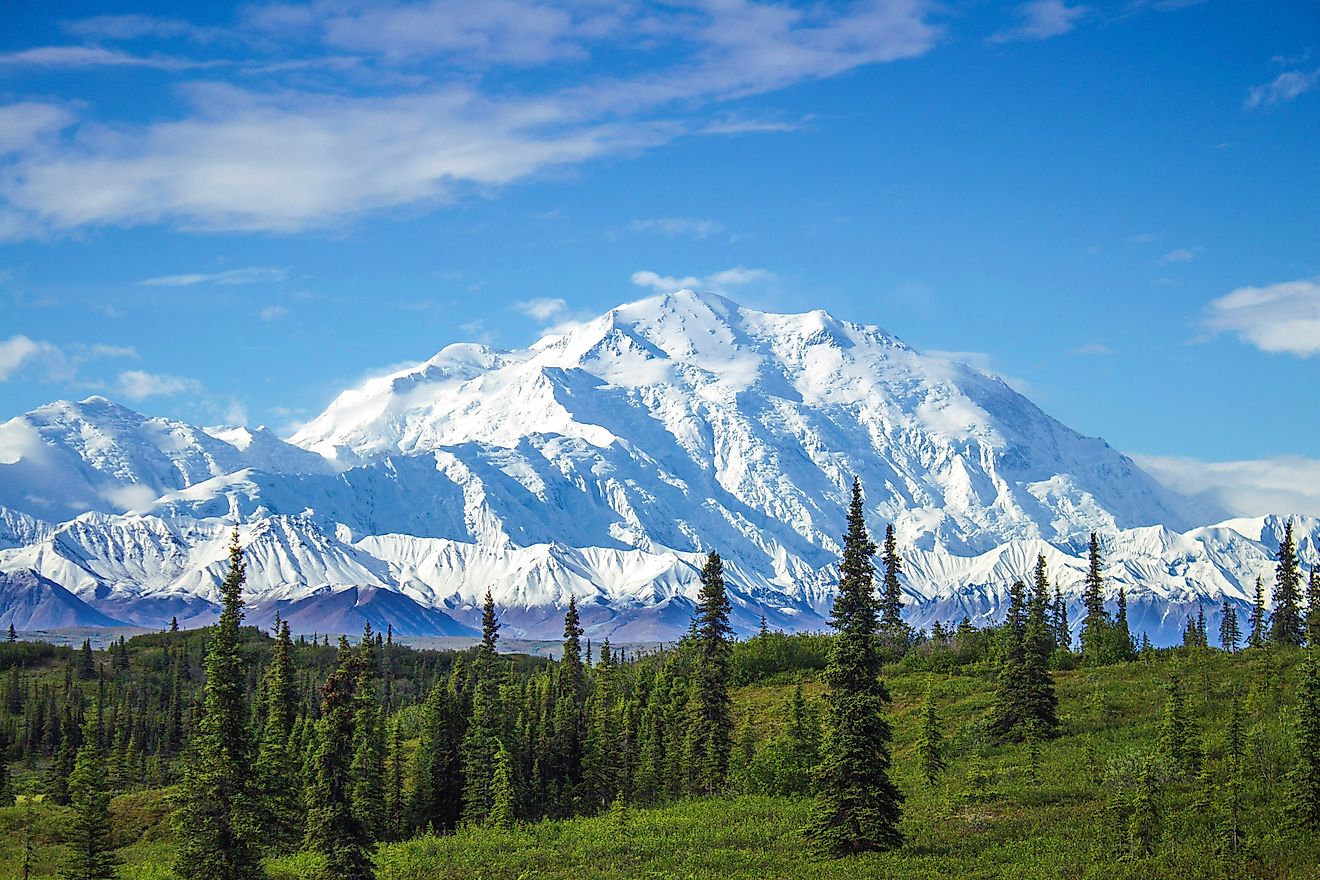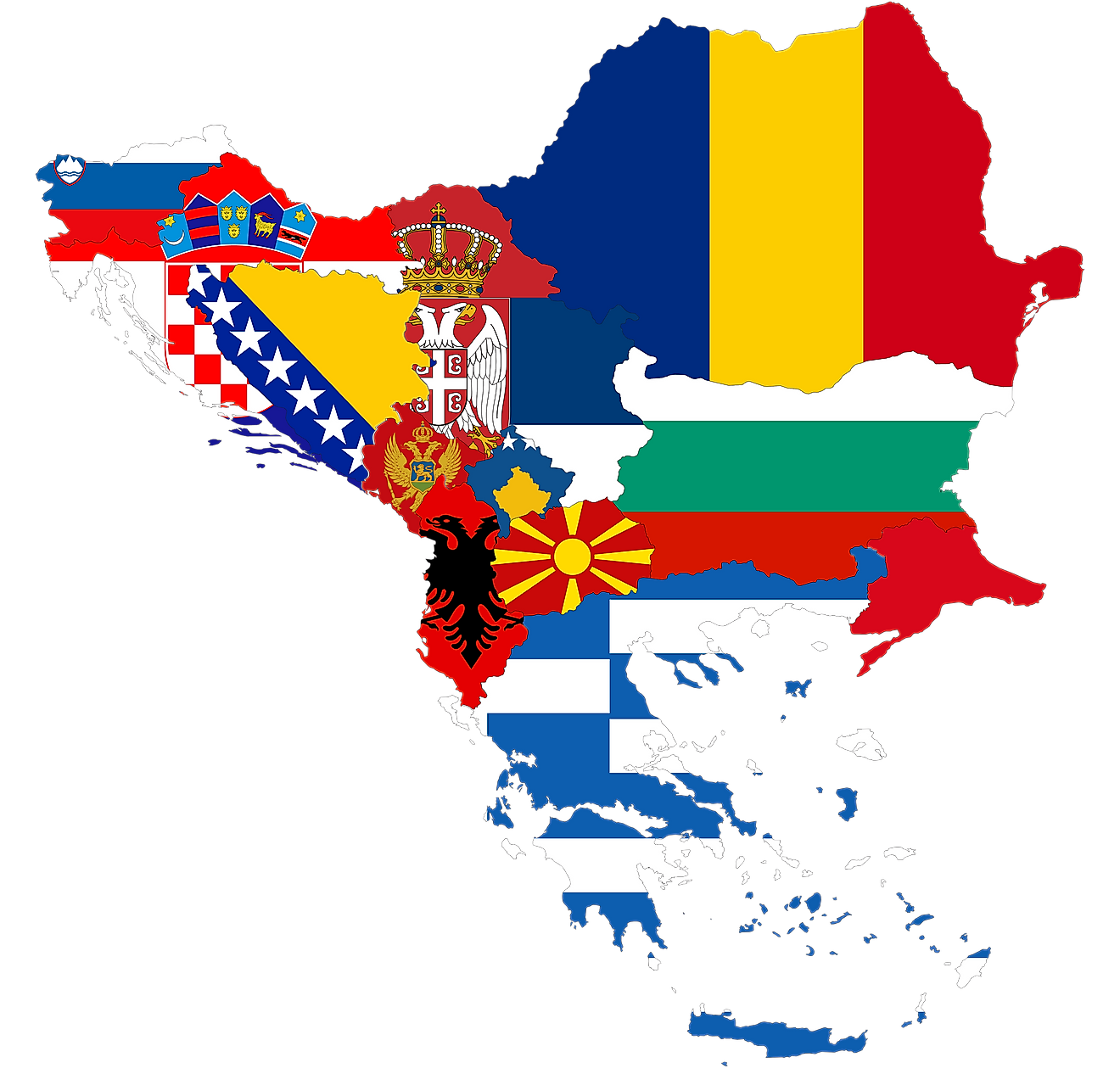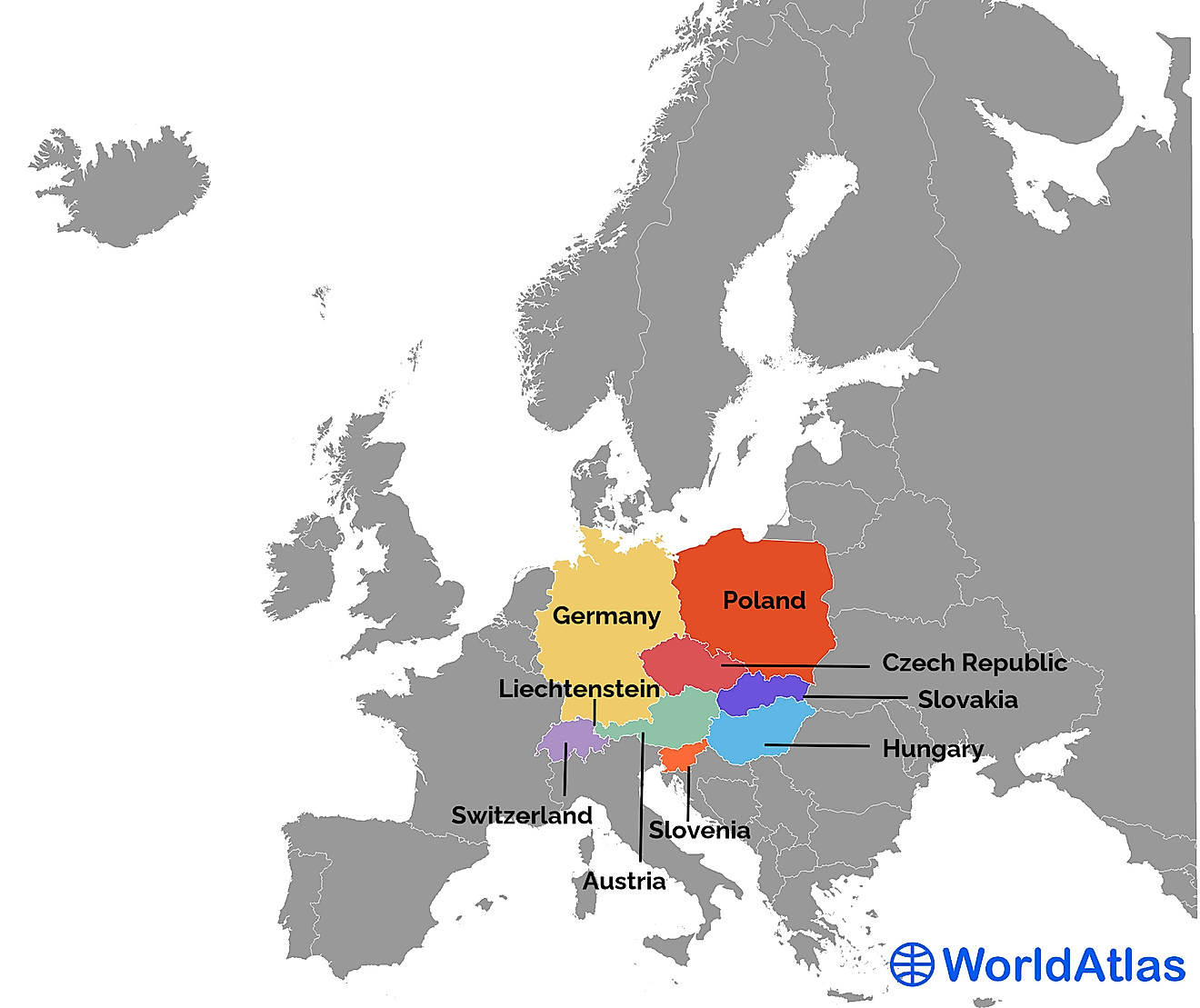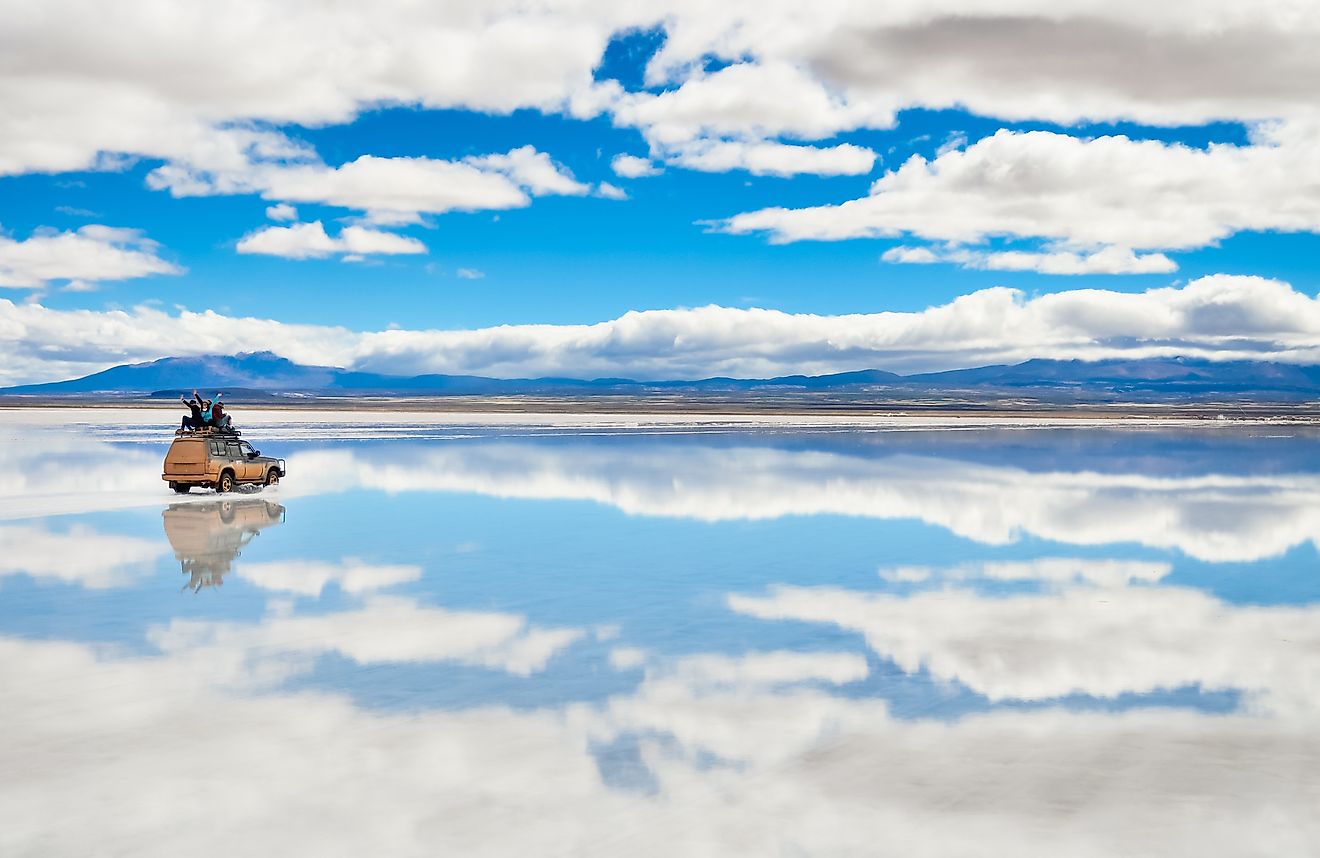Nordic Countries

- The Nordic Countries are a group of countries in northern Europe.
- There are 5 Nordic countries, Denmark, Sweden, Norway, Finland, and Iceland.
- Denmark, Sweden, and Norway are constitutional monarchies and parliamentary democracies. Finland and Iceland are democratic republics.
- Iceland's parliament, the Althing, is the oldest parliament in the world.
- Sweden is the largest and most populous of the Nordic countries. Iceland is the least populous. Denmark is the smallest.
The Nordic Countries are a group of 5 countries in northern Europe. They include the Scandinavian countries of Denmark, Sweden, and Norway, as well as the countries of Finland and Iceland. Actually, all the Nordic Countries have Scandinavian roots, though only Denmark, Sweden, and Finland are considered part of the Scandinavian region itself. The term “Nordic Countries” was coined by the French term, “les pays Nordiques” to denote the most northerly countries in Europe.
Contents:
Denmark

The Kingdom of Denmark, is the southernmost of the Nordic Countries. It consists of the Jutland Peninsula and an archipelago of 440 islands. With a land area of 42,430 sq. km, Denmark is the smallest of the Nordic Countries. Most of Denmark’s terrain is flat, though there is a hilly area in central Jutland. The country’s coastline, measuring a total of 7,300 km, is characterized by its many fjords.
The population of Denmark is approximately 5.8 million. The largest city in the country is its capital, Copenhagen, which is situated on Denmark’s largest island, Zealand. Danish is Denmark’s official language. The Danes are known for living life to the fullest. They are also known for their love of cycling. It is no surprise, then, that 9 out of 10 Danes owns a bicycle.

Denmark is a constitutional monarchy and parliamentary democracy. The country has a parliament called the Falketing, whose members are elected to 4 year terms based on a system of proportional representation, where a party’s percentage of votes roughly corresponds to its percentage of parliamentary seats.
In addition to its main territory, Denmark also has two overseas territories. One is known as the Faroe Islands, and is located north of the U.K., almost halfway between Iceland and Norway. The Faroe Islands are comprised of 18 rocky islands. About 49,000 people live on the Faroe Islands. Denmark’s other overseas territory is Greenland, the world’s largest island, situated east of northern Canada. Contrary to what its name implies, very little of Greenland is arable. In fact, nearly 80% of the island is covered by ice cap and glaciers. Greenland’s population is just under 57,000. Most Greenlanders are Inuit, who are related to the Inuit in northern Canada. They speak an Inuit dialect known as Greenlandic.
Sweden

Officially known as the Kingdom of Sweden, Sweden is situated between Norway and Finland. Its land area of 410,340 sq. km makes it the largest of the Nordic Countries. About 10% of Sweden is covered by lakes and rivers. The country also boasts large coniferous forests. Sweden’s population is approximately 10.1 million, making it the most populous of all the Nordic Countries. The country’s largest city is the capital, Stockholm. Sweden’s official language is Swedish. The Swedish people generally believe in living a balanced lifestyle, which includes getting exercise, respecting the environment, and trying to stay positive.

Sweden’s government is a constitutional monarchy and parliamentary democracy. The Swedish monarch is the ceremonial head of state, and the government is headed by a prime minister. The members of the country’s parliament, known as the Rikstag, are elected under a system of proportional representation to 4 year terms.
Norway

The Kingdom of Norway lies to the west of Sweden. Its western coastline borders the Norwegian Sea. Much of the Norwegian coastline contains fjords. Norway’s landscape also includes deep valleys and high mountains. Norway’s total land area is 365,268 sq. km. This includes two islands in the Barents Sea, north of the Norwegian mainland, Svalbard and Jan Mayen.

Norway’s population is approximately 5.45 million. The country’s largest city is its capital, Oslo. Norway is governed by a constitutional monarchy, consisting of the Norwegian monarch as the country’s ceremonial head of state, and a government headed by a prime minister and cabinet, who are responsible to the Norwegian parliament, known as the Storting. The members of the Storting are elected to 4 year terms. Norway’s official language is Norwegian. The Norwegian people are known for being very outdoorsy, working hard, and enjoying their free time, which is plentiful compared to other countries around the world.
Finland

The Republic of Finland sits between Russia to the east and the Gulf of Bothnia to the west. The northern part of Finland also borders part of Norway to the north and part of Sweden to the west. Like Sweden, Finland is a country of many lakes and forests. One third of Finland sits above the Arctic Circle, which means that the country’s climate can be quite chilly, though temperatures are somewhat moderated by the currents of the nearby Baltic Sea. Finland’s total land area is 303,890 sq. km.
The population of Finland is an estimated 5.5 million. The country’s largest city is its capital, Helsinki. In addition to the Finns, Finland is also home to two other groups. One is the people of the Aland Islands, which lie in the Gulf of Bothnia, between Finland and Sweden. The people of this region are Swedish speakers. In northern Finland is another group, known as the Sami. The Sami also live in the northern parts of Sweden and Norway. They have their own language, though only about half of their total population, estimated at 80,000, actually speak it.

Finland is a democratic republic with a president serving as the country’s head of state, and a prime minister as head of the government. Finland’s legislature is known as the Rikstagen. Its members are each elected by Finnish citizens for terms of 4 years. Finnish is Finland’s official language. The Finnish people have a reputation for being honest and punctual. They also love their saunas, so much so that nearly every Finnish house has a sauna in it. The sauna is viewed by Finns as a comfortable place to socialize and relax.
Iceland

Iceland is an island country that is situated in the North Atlantic Ocean, east of Greenland. The volcanic island country has a land area of 100,250 sq. km. About 11% of Iceland is covered by glaciers, including Vatnajökull, the largest glacier in Europe. Most of the country’s terrain contains waterfalls, geysers, volcanoes, black sand beaches, and lava fields. Just 20% of Iceland is inhabited.

Indeed, Iceland is the least populous country in Europe, with a population of just 343 thousand (est.). About a third of this population lives in the country’s capital, Reykjavik. The people of Iceland enjoy one of the highest standards of living in the world. Like the Finns, the Icelanders have a reputation for honesty, as there is very little crime or corruption in the country. They are also known for their love of reading. Icelandic is Iceland’s official language. Iceland is a democratic republic. Its head of state is the president, who appoints a prime minister to head the government. Iceland’s parliament, the Althing, is the oldest parliament in the world.
Nordic Countries
| Country | Total Area in km2 | Population | GDP per capita (USD) |
|---|---|---|---|
| Denmark | 43,094 | 5,818,550 | 60,170.3 |
| Sweden | 450,295 | 10,285,450 | 51,615.0 |
| Norway | 323,802 | 5,347,900 | 75,419.6 |
| Finland | 338,145 | 5,520,310 | 48,782.8 |
| Iceland | 103,000 | 361,310 | 66,944.8 |
